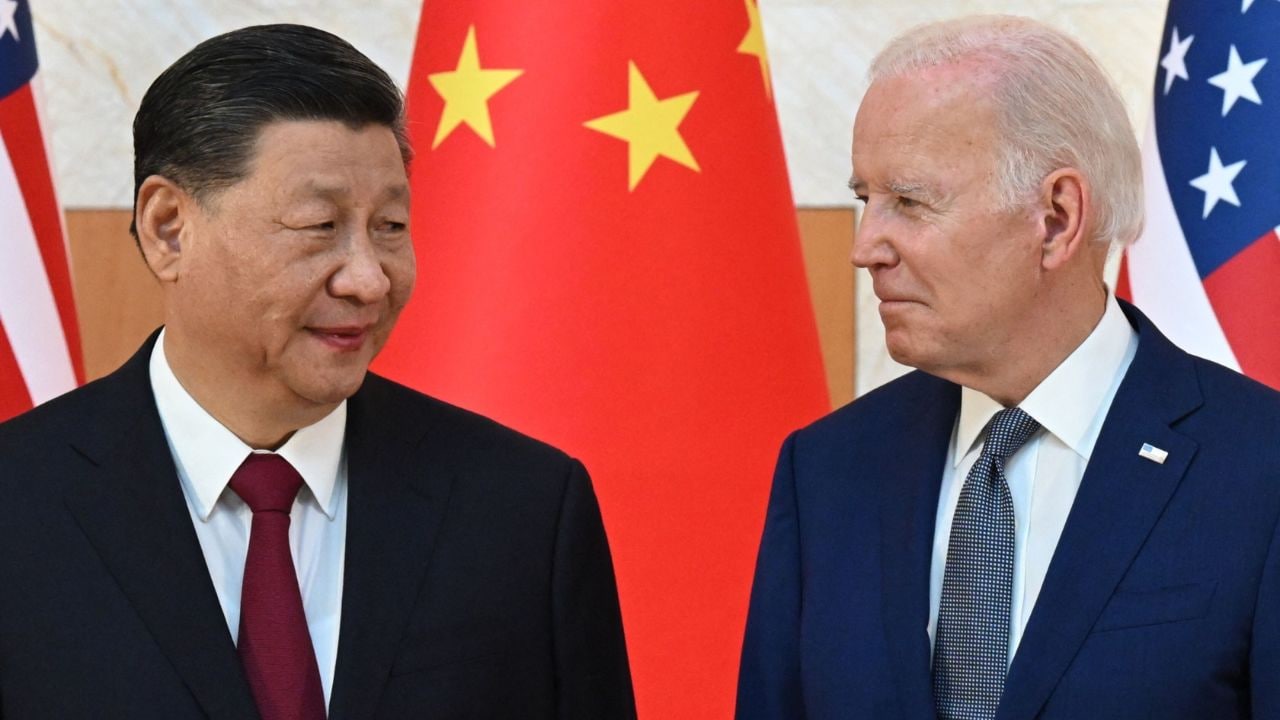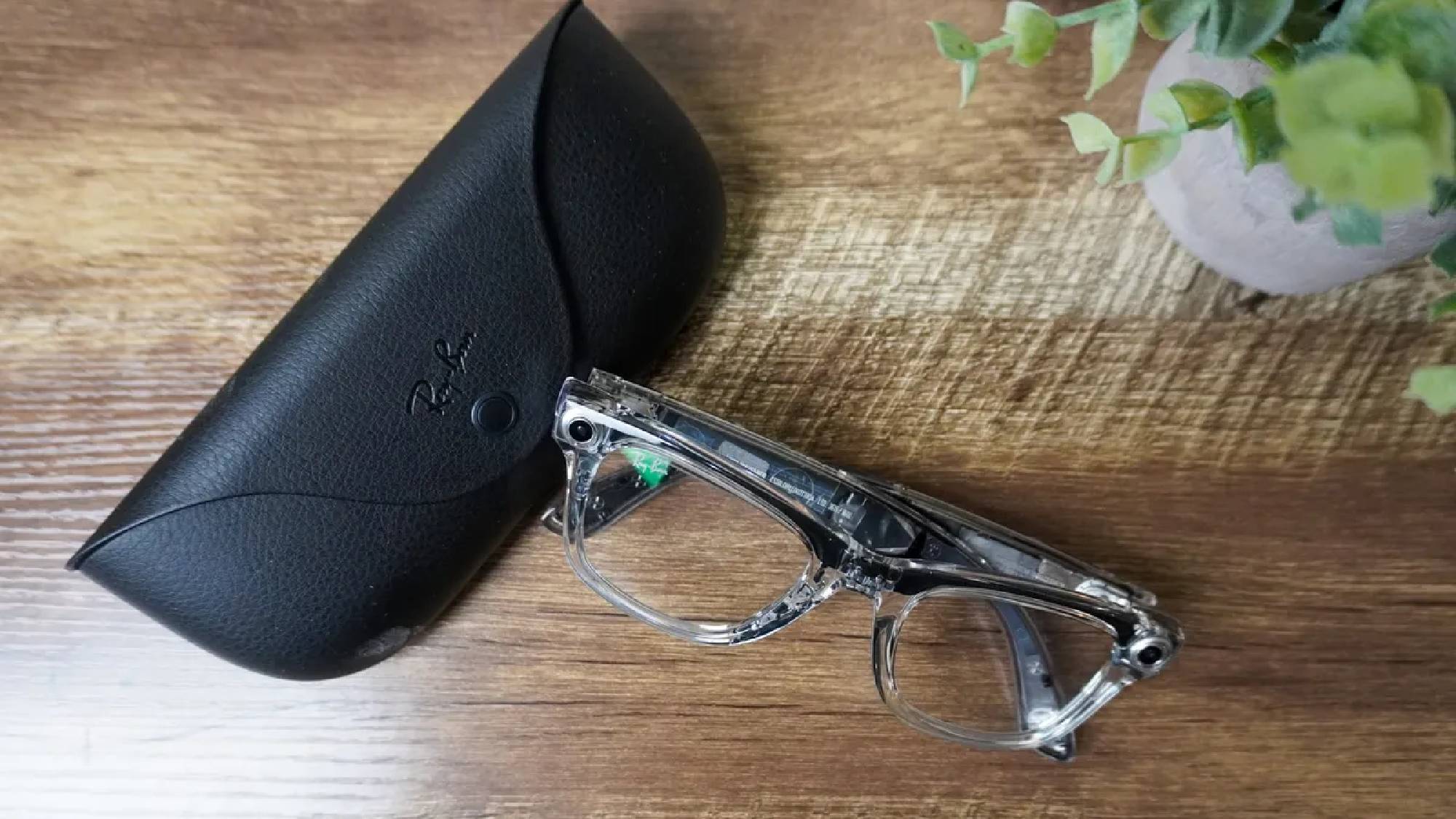
Hanmi Pharmaceutical recently announced a significant advancement in their next-generation immunomodulatory anticancer drug, "LAPS IL-2 Analog (HM16390)," by presenting their preclinical research results at the Society for Immunotherapy of Cancer (SITC) meeting in Houston. The presentation highlighted HM16390's achievement of complete remission, where malignant tumors were entirely eradicated. HM16390 is an innovative cancer therapy based on a variant of interleukin-2 (IL-2), which utilizes a novel approach to regulate the activation of immune cells.
Previous IL-2 derivatives had severe side effects, but Hanmi Pharmaceutical has employed its proprietary "LAPSCOVERY" platform to enhance the drug's efficacy, safety, and sustainability, developing it as a sustained-release injectable form that requires only a single subcutaneous dose per treatment cycle. Currently available recombinant IL-2 (aldesleukin) treatments are limited due to severe side effects like vascular leak syndrome and cytokine release syndrome. While other IL-2 candidates have faced developmental challenges due to these issues, HM16390 has demonstrated an innovative approach by achieving both efficacy and safety through optimized binding with IL-2 beta and alpha receptors.
According to SITC-released research findings, HM16390 inhibited tumor growth and extended survival in a malignant melanoma mouse model, achieving complete remission in a colorectal cancer model. Notably, in cured mouse models, tumor-specific memory T-cells were activated, preventing cancer recurrence for months even after tumor cell reinjection. In primate models, Hanmi Pharmaceutical showed that HM16390's optimized binding with IL-2 alpha receptors contributes to its safety mechanism.
In contrast to a control substance that lacked IL-2 alpha receptor binding and led to severe weight loss and immune cell overproliferation, HM16390 safely and moderately stimulated CD8+ T-cell proliferation with the help of regulatory T-cells (Tregs) in the bloodstream. The presentation also revealed that HM16390 changes the immune-evasive tumor microenvironment to one favoring immune activation, demonstrating a synergistic effect when combined with immune checkpoint inhibitors. Particularly in triple-negative breast cancer models, HM16390 combined with immune checkpoint inhibitors achieved complete tumor remission in over half of the subjects, showing significant synergy with both PD-1 and CTLA-4 antibodies.
Choi In-young, Head of R&D at Hanmi Pharmaceutical, stated, "HM16390, surpassing existing IL-2-based development strategies, significantly improves antitumor efficacy and safety, offering a broad range of therapeutic possibilities. It can selectively activate and proliferate immune cells, providing a powerful anticancer effect while minimizing side effects." HM16390 is expected to establish itself as a new standard in immuno-oncology treatments through forthcoming clinical trials, presenting effective treatment options for various cancer types.
Professor Park Jong-cheol of Harvard Medical School's Massachusetts General Hospital (MGH) Head and Neck Cancer Center, the principal investigator for the global Phase 1 trial of HM16390, remarked, "We've established preclinical evidence differentiating HM16390 from existing IL-2 agents through presentations at several international conferences and look forward to positive outcomes from upcoming clinical trials.".














